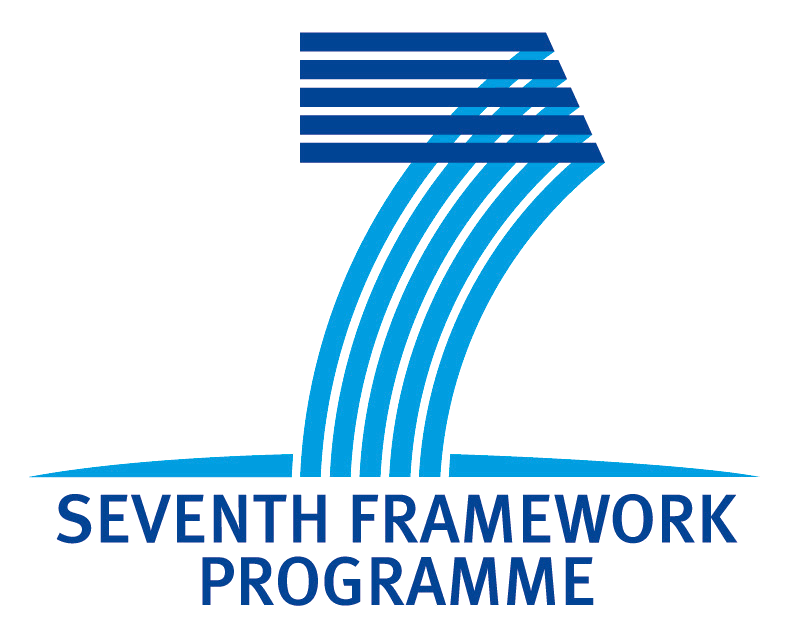3.1.4 The TRREE Engine
OWLIM is implemented on top of the TRREE engine. TRREE stands for "Triple Reasoning and Rule Entailment Engine". The TRREE performs reasoning based on forward-chaining of entailment rules over RDF triple patterns with variables. TRREEs reasoning strategy is total materialization, although various optimizations are used as described in the following sections.
The semantics used is based on R-entailment [4], with the following differences:
- Free variables in the head of a rule (without a binding in the body) are treated as blank nodes. This feature can be considered "syntactic sugar";
- Variable inequality constraints can be specified in the body of the rules, in addition to the triple patterns. This leads to lower complexity as compared to R-entailment;
- The "cut" operator can be associated with rule premises, the TRREE compiler interprets it like the "!" operator in Prolog;
- Two types of inconsistency checks are supported. Checks without any consequences indicate a consistency violation if the body can be satisfied. Consistency checks with consequences indicate a consistency violation if the inferred statements do not exist in the repository;
- Axioms can be provided as a set of statements, although those are not modeled as rules with empty bodies.
Further details of the rule language can be found in the corresponding OWLIM user guides. The TRREE can be con- figured via the rule-sets parameter, that identifies a file containing the entailment rules, consistency checks and axiomatic triples. The implementation of TRREE relies on a compile stage, during which custom rule-sets are compiled into Java code that is further compiled and merged in to the inference engine.
The edition of TRREE used in SwiftOWLIM is referred to as "SwiftTRREE" and performs reasoning and query evaluation in-memory. The edition of TRREE used in BigOWLIM is referred to as "BigTRREE" and utilizes data structures backed by the file-system. These data structures are organized to allow query optimizations that dramatically improve performance with large data-sets, e.g. with one of the standard tests BigOWLIM evaluates queries against 7 million statements three times faster than SwiftOWLIM, although it takes between two and three times more time to initially load the data.
- Printer-friendly version
- Login to post comments
- Slides
What links here
No backlinks found.


